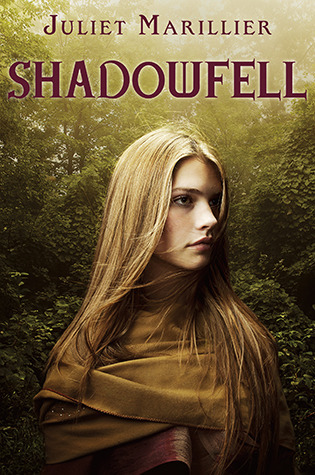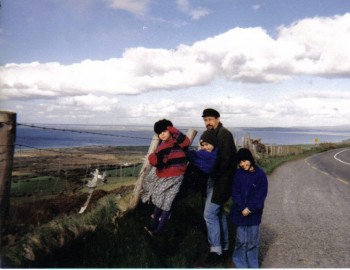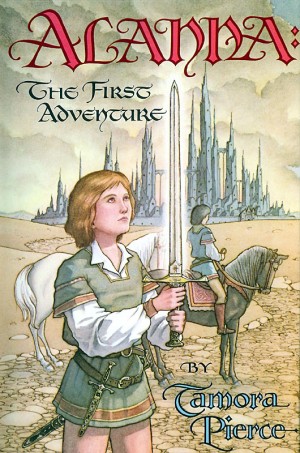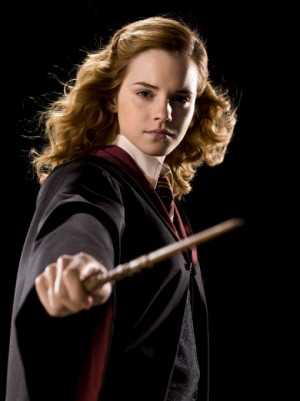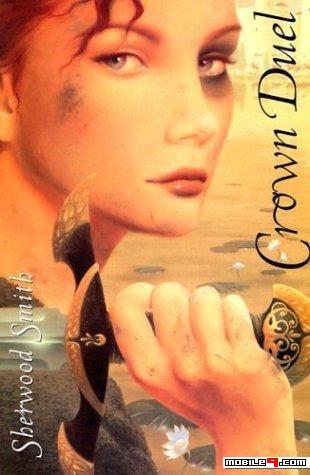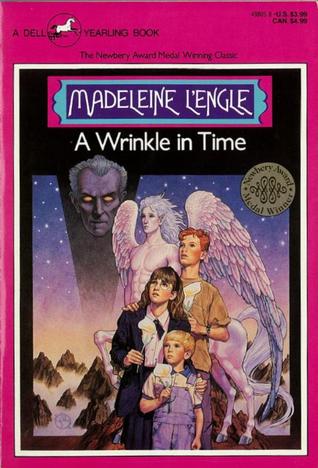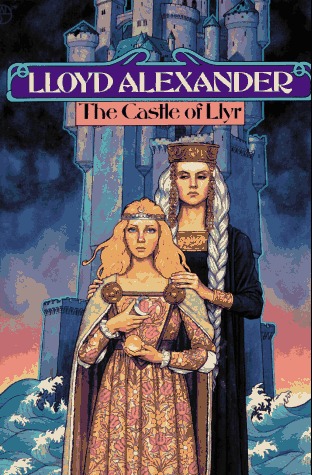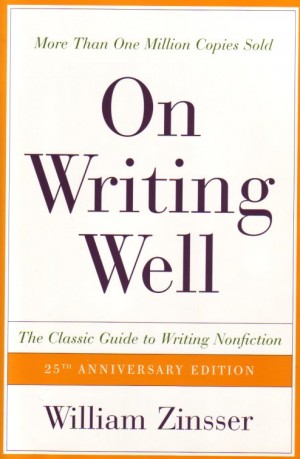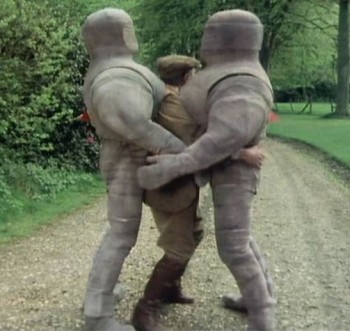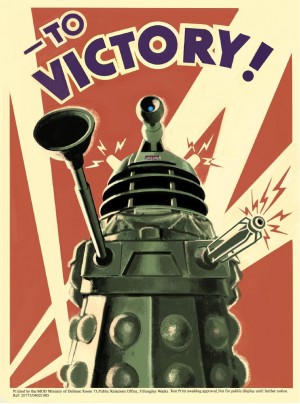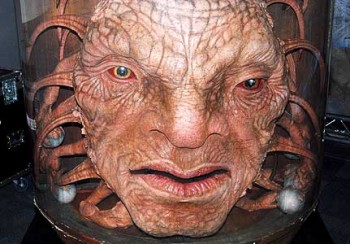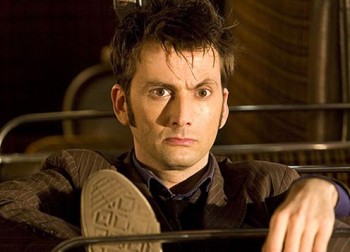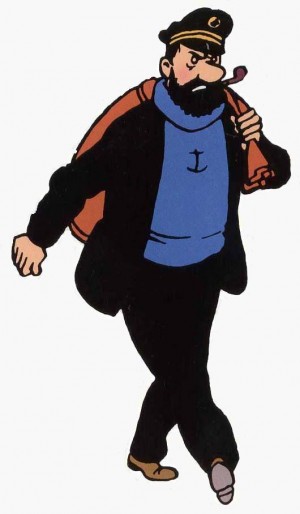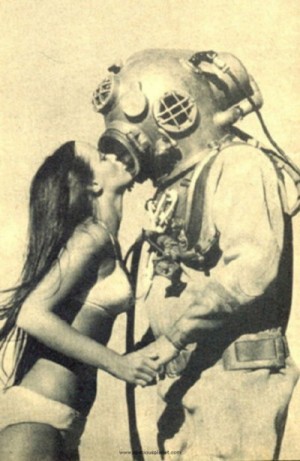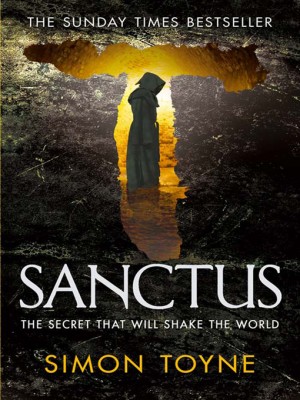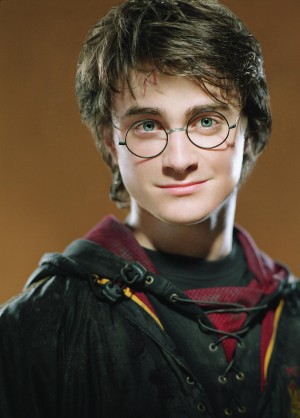The magical land of Alban has fallen under the tyrannical rule of King Keldec, and Alban’s once generous and kind populace have become fearful and downtrodden. Once a year, the King’s Enforcers ride out on a Cull, killing everyone who dares speak out against Keldec while Enthrallers use mind-scraping techniques to turn anyone with useful magical gifts into pawns of the tyrant.
Sixteen-year-old Neryn is graced–or cursed–with the canny gift of Sight; she can see the Good Folk even when they seek to hide themselves from mortal eyes. But because of her gift she has been forced to lead a life of danger and worry, constantly moving from one place to the next with her father in order to escape the long arm of the King’s Enforcers. And when her drunken father gambles her away to a stranger for a handful of silver, she fears that everything is lost. But the stranger reveals himself to be a mysterious warrior by the name of Flint who has no intention of harming Neryn. Now Neryn must make a choice: will she take her newfound freedom and find a place to hide out from King Keldec’s Enforcers permanently, or will she try to make her way to Shadowfell, a secret stronghold spoken of only in whispers? Can she trust Flint, or does he seek to betray her? And can she accept the terrifying destiny waiting for her at the end of her journey?
I have never read any of Juliet Marillier’s novels before, but I’m glad I picked this one out at the library. Shadowfell was an enjoyable read for me; it reminded me of the fantasy novels I loved so much as a young girl, with a magical kingdom and a mysterious warrior on horseback and a courageous heroine whose mettle must be tested before she can find her destiny. Alban is beautifully drawn, evocative of a modern Britain while simultaneously conjuring forth an more ancient time of Celtic myth, when magical creatures lived alongside humans graced with mystic powers and abilities.
